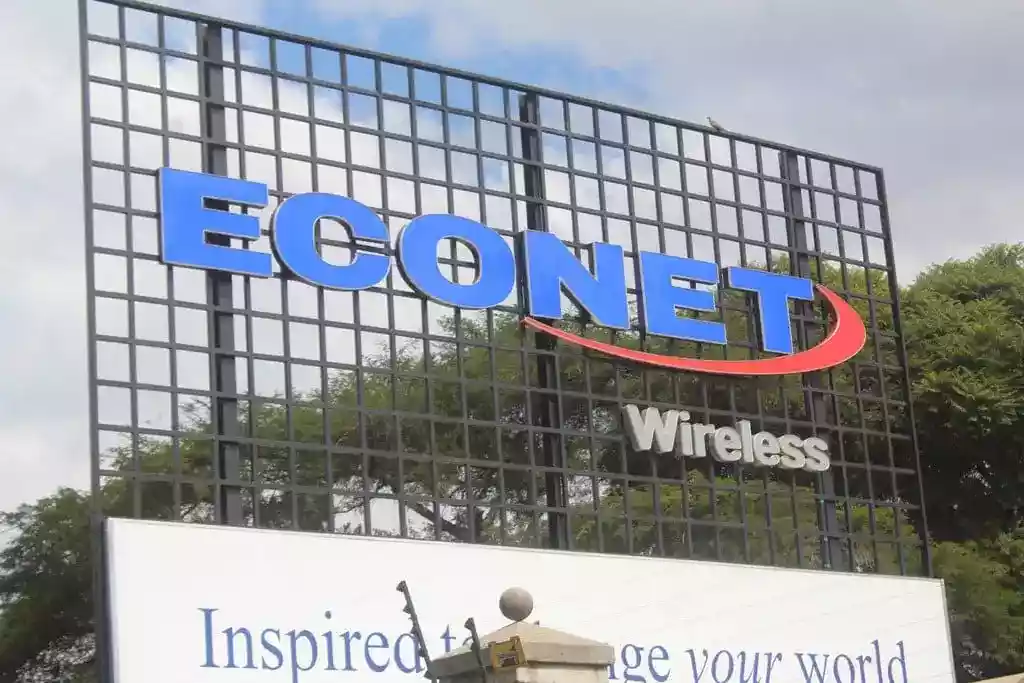
develop me Tapiwa Gomo
In the last few weeks, the world’s attention was drawn to the economic war between the United States of America (US) and China.
At the centre of this war is the souring relationship between Donald Trump’s administration and Chinese telecommunication company, Huawei. Events of the past weeks were a culmination of tensions that started more than 18 months ago, with American service providers being pressured to withdraw their support to Huawei phones, trade bans by the US government and the eventual withdrawal of Huawei’s Android licence.
Just like with any other war, there are official reasons which are communicated to the public to justify such kind of a State intervention. But there are also the real reasons which are often kept away from the public domain to mask the real interests and to limit further debate on the justifiability of such a decision. A few years back, the assumed existence of weapon of mass destruction were used to justify the war in Iraq when the real reason was to access and control the oil in Iraq, which is considered the world’s fifth-largest proven oil reserves.
It later turned out that Iraq did not have weapon of mass destruction.
In the case of Huawei, the executive order issued by Trump on May 15 this year, without mentioning Huawei by name, stated that “foreign adversaries are increasingly creating and exploiting vulnerabilities in information and communications technology and services, which store and communicate vast amounts of sensitive information, facilitate the digital economy, and support critical infrastructure and vital emergency services, in order to commit malicious cyber-enabled actions, including economic and industrial espionage against the United States and its people.”
The American public was fed with the narrative that Huawei was acting for the Chinese government through espionage, thereby creating a national security threat for the US. This was enough reason to justify the revocation of Huawei’s access to Google’s official Android licence. In short, the Chinese technology company was painted as a threat to the US national security which, therefore, warranted State intervention and a review of existing trade agreements to minimise these vulnerabilities.
However, according to what is emerging now, the real reason behind these tensions is the race to install the fifth generation mobile telecommunications, popularly known as 5G mobile network, which is assumed to be the next determinant of global political and economic power in the immediate future. Huawei, a Chinese company is assumed to be way advanced on the 5G technology, which would give China a much wider edge over South Korea and the US, both of who claim to be the first to launch the technology. This is not amusing to the Trump administration.
- Chamisa under fire over US$120K donation
- Mavhunga puts DeMbare into Chibuku quarterfinals
- Pension funds bet on Cabora Bassa oilfields
- Councils defy govt fire tender directive
Keep Reading
It is believed that the 5G technology would unleash high connectivity and change the technological landscape, allowing up to one million devices functioning at full capability in one-square kilometre. This gives the technology the capacity to link an enormous global network of sensors, facilitate the control of a wide range of machinery through sophisticated artificial intelligence and enhance the control and monitoring of data. The technology will also revolutionise industries such as manufacturing, agriculture, transport and the health sector, thereby contributing to increased production, profits and economic growth.
In addition to the high efficiency and less energy consumption, there are also economic and political gains for China and threats for the US. A few decades ago, the US lost its corporates to China, lured by cheap labour. When the US, through the Trump administration, thought they were regaining their lost economic power, the new 5G technology would certainly throw spanners in the works in a big way because the US companies will definitely be lured to stay by the benefits of high efficiency and less energy consumption technology in China, which is good for business.
That may not be Trump’s only concern. With Huawei on the forefront, it means Asia would take the biggest share of the 5G consumer base in the next half a decade. China is estimated to take the biggest user-base. Already, Huawei is now the biggest telecommunication company in the world ahead of US’ Apple. This would in a big way alter the geo-political dynamics and will create new superpowers because he/she who controls technology, makes the decisions.
While these technological advancements are shaping out before us, in Africa we love watching events as they unfold instead of identifying opportunities. For that reason, we will remain suppliers of raw materials and beneficiaries of left-overs, while other countries are progressing. We have already seen China moving some of its high-labour intensive industries to some African countries. And rest assured that more will be coming — reinventing African slavery in a different format and of course disguised as creating employment.
It is in situations such as these that a right-thinking government would constitute and deploy a team to understand the potential opportunities arising from these global tensions and the benefits of the new technology and identity their own niche, so that the continent is not left out of the benefits of the super-fast connectivity and real-time responsiveness technology.











